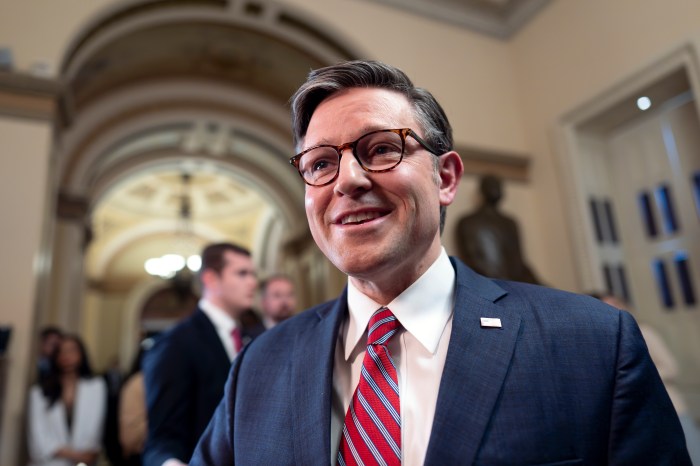They may just be one of the most misunderstood groups of entertainers in Toronto. TTC buskers, that is. They’re the men and women whose music fills subway stations around the city.
Are they homeless? Are they beggars? Can’t they get “real” jobs, many people wonder.
Much to the contrary, says Fred Spek, himself a TTC busker, and the co-ordinator of the newly formed Transit Musicians Association of Toronto. “There might be a perception that a busker is hard done by, or hard on his luck. That’s not the case.
We’re serious musicians,” he says, adding that many of the TTC’s nearly 100 buskers also work as composers, band leaders and band members. Some are even former Toronto Symphony Orchestra members and Juno Award winners and nominees.
Every TTC busker must be licensed. And to get a permit, which costs $150 for the year, they must first pass an audition, held each summer over three days at the CNE. In a sense, they are self-employed musicians, who, according to Spek, eke out a decent living making, on average, $15 to $20 per hour. They also play according to a formal playing schedule, drafted by the TTC.
Most buskers are slotted to play a six-hour shift three to four times a week at any one of the 25 busker-designated stations. Each day on the schedule is divided into three shifts — 6 a.m. to noon, noon to 6 p.m., and 6 p.m. to midnight — and you play at the place and time you’re allotted. But playing for six hours straight can be an exhausting task. “You just have to pace yourself, “ explains Spek. “It’s mentally exhausting.”
So why would anyone want to contend with cold, noisy stations where they don’t have a captive audience? “It allows you to be independent while making a living,” explains Spek. “I always feel like I contributed to the well-being of the public after a shift. It’s like public art. It’s a good feeling.”
That’s one of the reasons why he formed TMAT. “We want to build a sense of community and camaraderie, encourage each other to keep doing it,” says Spek, adding they “feel like we’re part of the solution to making the TTC a better place.”















